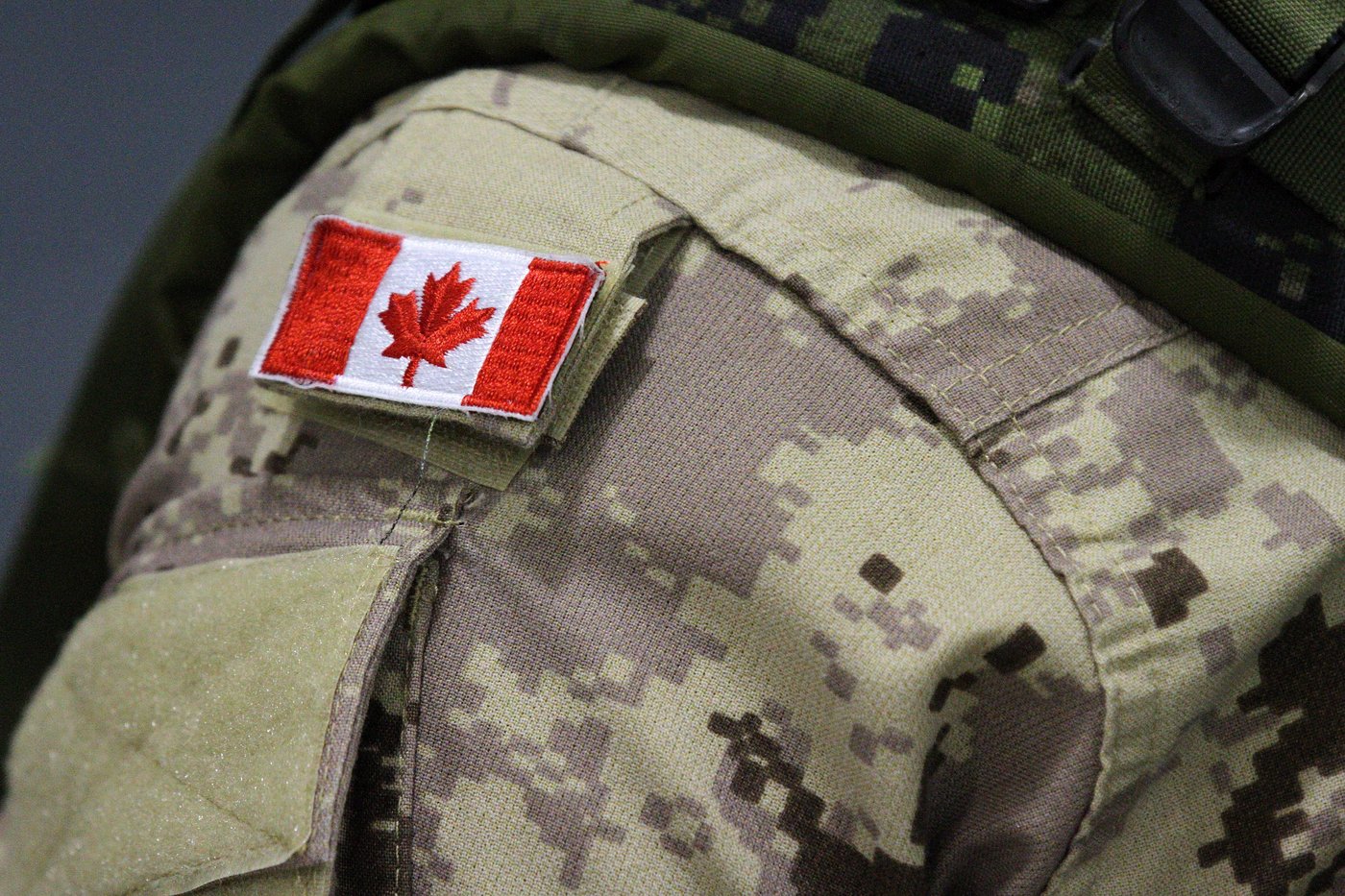Canada
Canadian soldier turns to peer support to help veterans

Imagine being deployed to fight for your country, then returning home and still feeling like you’re in a warzone.
The transition back to everyday life after serving on the frontline can be daunting with flashbacks, sounds, and smells that bring you back to the warzone.
It’s something John Senior, a peer support worker with OSI-Can, knows firsthand. He served in the Canadian Armed Forces for over 20 years.
The flashbacks, sounds, and smells can feel like a constant fight for life.
He says that’s the reality for many veterans fighting a daily battle to transition back to civilian life.
“The smell of my army truck because of the diesel, a kid crying in a certain way, could be a trigger,” Senior told 660 NewsRadio.
But there’s often pushback from frontline service members to seek professional help for fear of being stripped of their identity.
“If a doctor says you’re unfit for service, you can’t carry a gun if you’re a cop. You can’t intubate people and fix them if you’re EMS. You’re not going to climb that ladder and that fire truck if you’re a firefighter. You’re not going to deploy for the military if a doctor says you’re unfit for service,” Senior said.
“There’s a massive level of fear.”
He says structure, routine, discipline, and service are the pillars of a soldier’s career, and the road back to everyday life isn’t easy to navigate.
“That duty, that on-call duty, that feeling of importance. When you leave the military, that part of your life is finished. And a lot of people have a hard time and struggle with that,” Senior said.
Veterans would have been part of a large community of hundreds while in a regiment or battalion.
Senior says moving into a smaller community can sometimes feel “claustrophobic.”
“Hard to put that genie back into the bottle is what it really comes down to.”
With these experiences and understanding of veterans, Senior now dedicates his time to helping service members recover from PTSD and trauma through peer support.
He says peer support is an important bridge for veterans to cross if they need clinical therapy and help to overcome the fear and stigma they may have with approaching help.
“The peer support gets people ready to get into clinical, to take away the stigma, and to help alleviate that white coat syndrome, and to walk beside the person to start their healing journey,” Senior said.
According to Peer Support Canada, peer support is “emotional and practical support between people who share a common experience, such as a mental health challenge or substance use health challenge.”
Peer support workers, like Senior, will have lived through similar experiences to the one they speak with, and are trained to support others.
OSI-Can offers free and confidential one-on-one and group peer support to vets, first responders, and their families affected by PTSD and trauma.
More information can be found online.
